A sudden increase in Brazil’s gross gaming revenue tax prompts backlash from operators and raises concerns about the future of esports betting.
The Brazilian government has implemented a sharp increase in taxes on the gambling sector, raising the gross gaming revenue (GGR) tax rate from 12 percent to 18 percent. The change, introduced through a provisional measure in June 2025, represents a 50 percent hike and has drawn strong criticism from both domestic and international betting operators.
This fiscal adjustment comes just six months after Brazil launched its regulated online gambling market in January 2025, an initiative widely seen as a major step forward in legitimizing the industry.
Brazilian gambling industry leaders criticize sudden policy shift
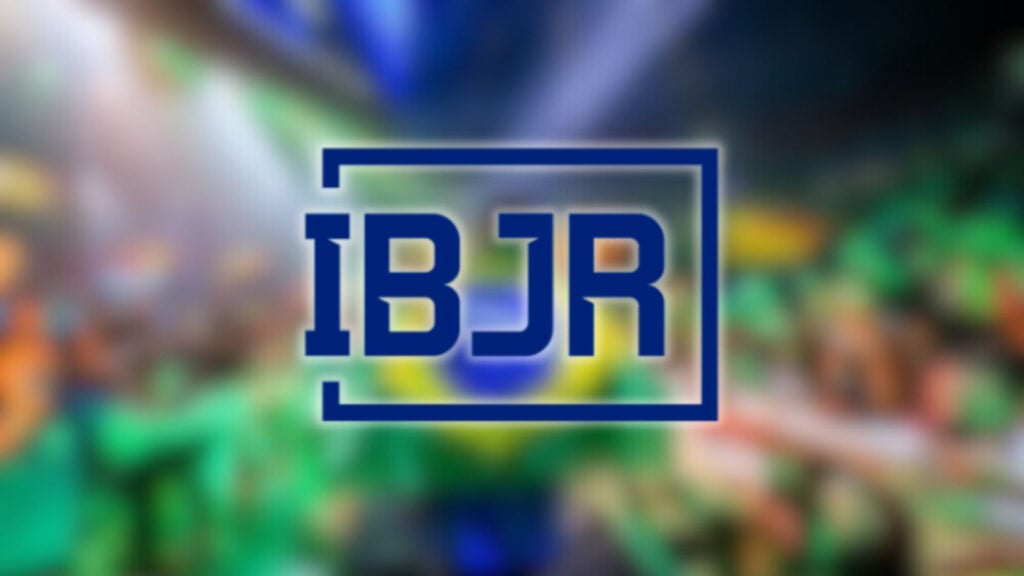
Key industry associations, including the Brazilian Institute of Responsible Gaming (IBJR) and the National Association of Games and Lotteries (ANJL), have labeled the tax measure “unacceptable.”
“By raising the tax on bets, the illegal market tends to grow from the current 50% to at least 60%, generating an estimated loss of more than R$2bn per year in revenue,” the IBJR, which represents leading licensed operators in the country’s newly regulated gambling market, said in a statement.
The institute emphasized that operators had already paid R$30 million each for a five-year license, collectively contributing over R$2.3 billion in public revenue. Many companies, it noted, had structured their long-term strategies around the original 12 percent GGR tax rate.
Naturally, betting companies have expressed frustration over the timing and manner of the tax hike. They argue that such sudden changes erode legal certainty, discourage long-term planning, and make Brazil a less attractive market for global gaming operators.
Eduardo Ludmer, head of legal at BetMGM Brazil, highlighted the lack of consultation with stakeholders. “They agreed to invest hundreds of millions into this venture and then six months down the road they just change the rules of the game without asking you,” Ludmer said.
Despite the backlash, the Brazilian government has defended the increase, citing a BRL20 billion budget shortfall. Officials claim the higher tax rate is needed to rebalance public finances and ensure the sustainability of newly regulated markets. Still, critics contend that overburdening operators so early in the market’s development risks undermining the very system the government seeks to build.
Esports betting faces collateral damage
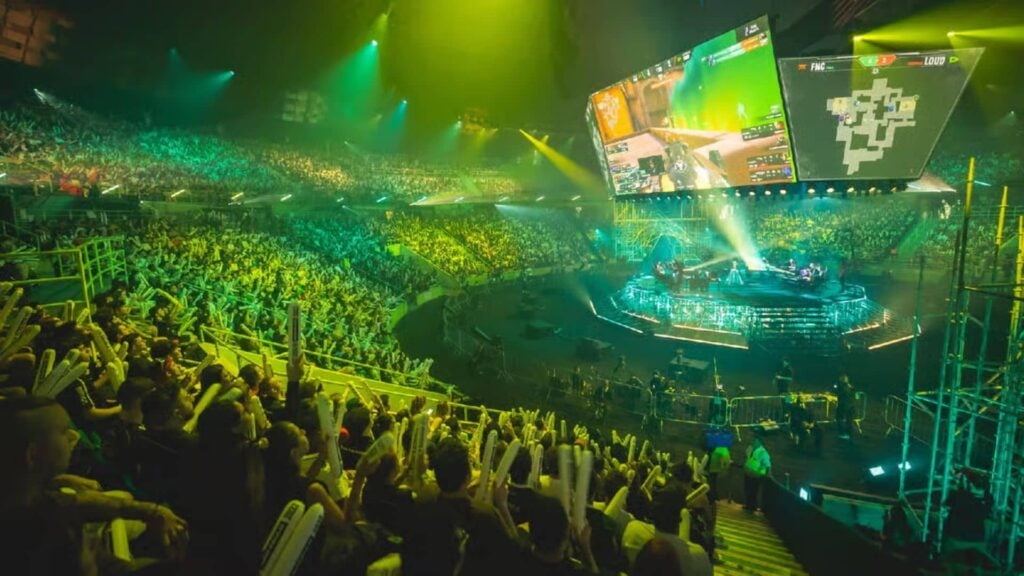
The esports betting sector, one of the fastest-growing verticals in Brazil’s gambling ecosystem, is particularly vulnerable to this abrupt tax reform. Esports operators are subject to the same GGR tax rate, and the increased financial burden may lead some companies to scale back their offerings, postpone market entry, or withdraw entirely. This could stifle the variety and competitiveness of esports betting options available to consumers.
The tax hike also risks pushing more users toward offshore and unregulated platforms, especially in esports, where younger, tech-savvy audiences are already familiar with international alternatives. Such a shift would weaken efforts to centralize gambling activity within the legal framework.
The potential contraction of the legal esports betting market could have broader implications. Reduced operator presence may lead to fewer sponsorship deals, limited tournament funding, and slower innovation, undermining the momentum of Brazil’s growing esports scene. With esports increasingly intertwined with regulated gambling revenues, the sector’s long-term development may now hinge on how the government and lawmakers address the industry’s concerns.


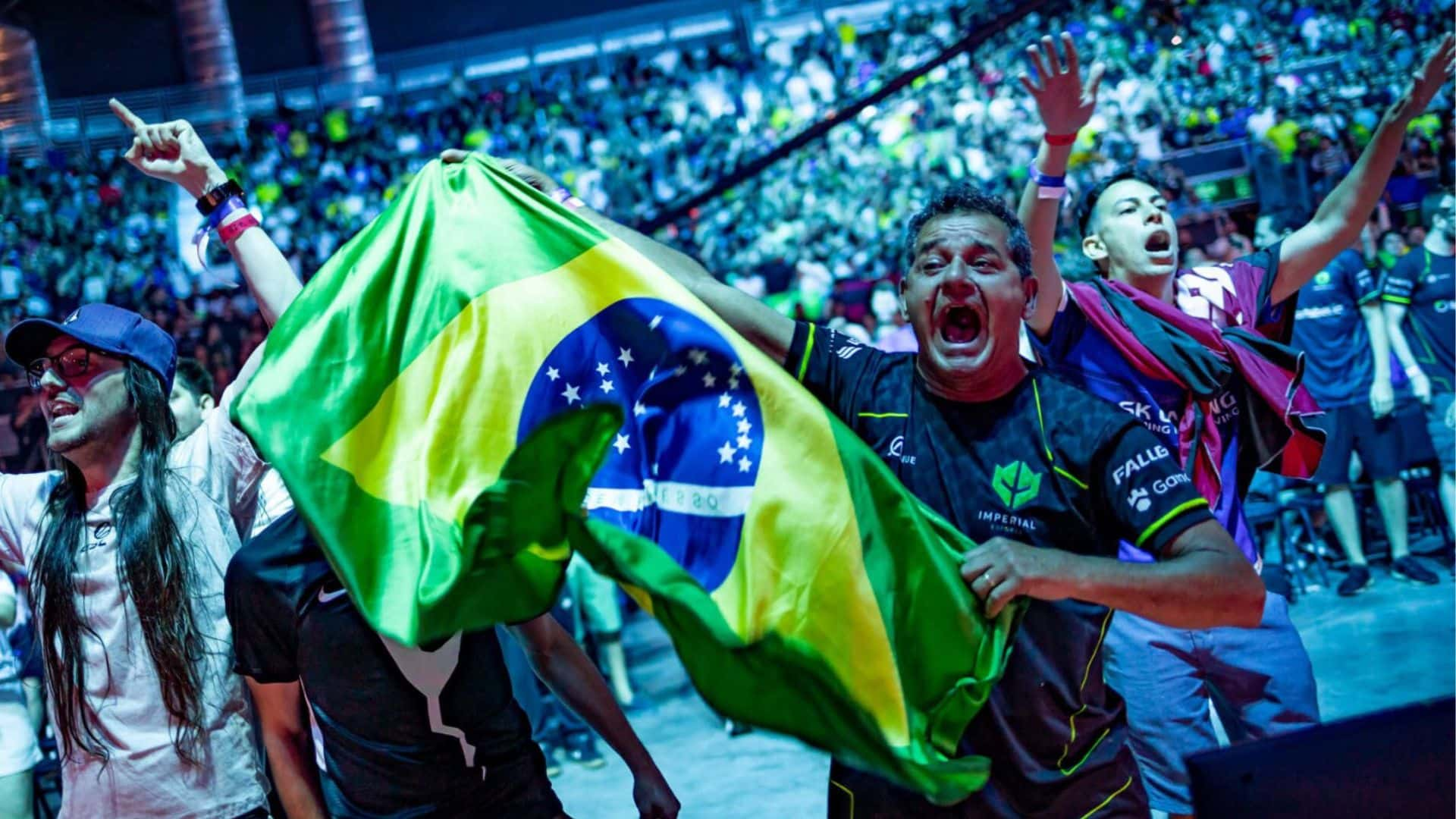





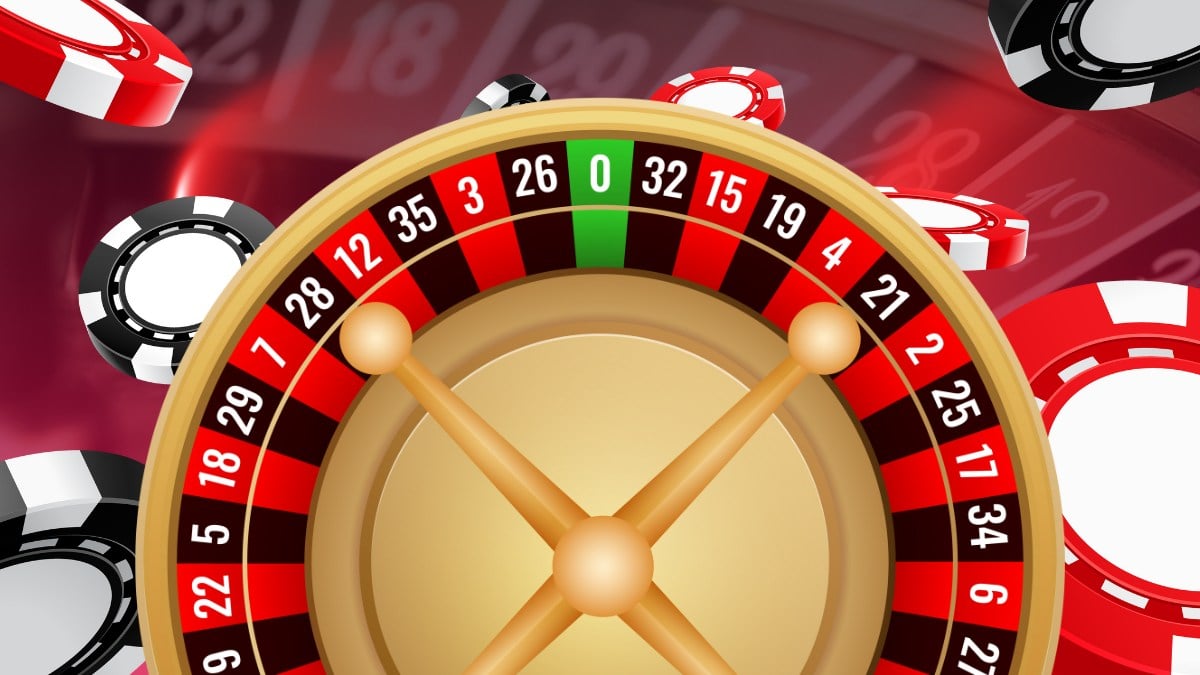
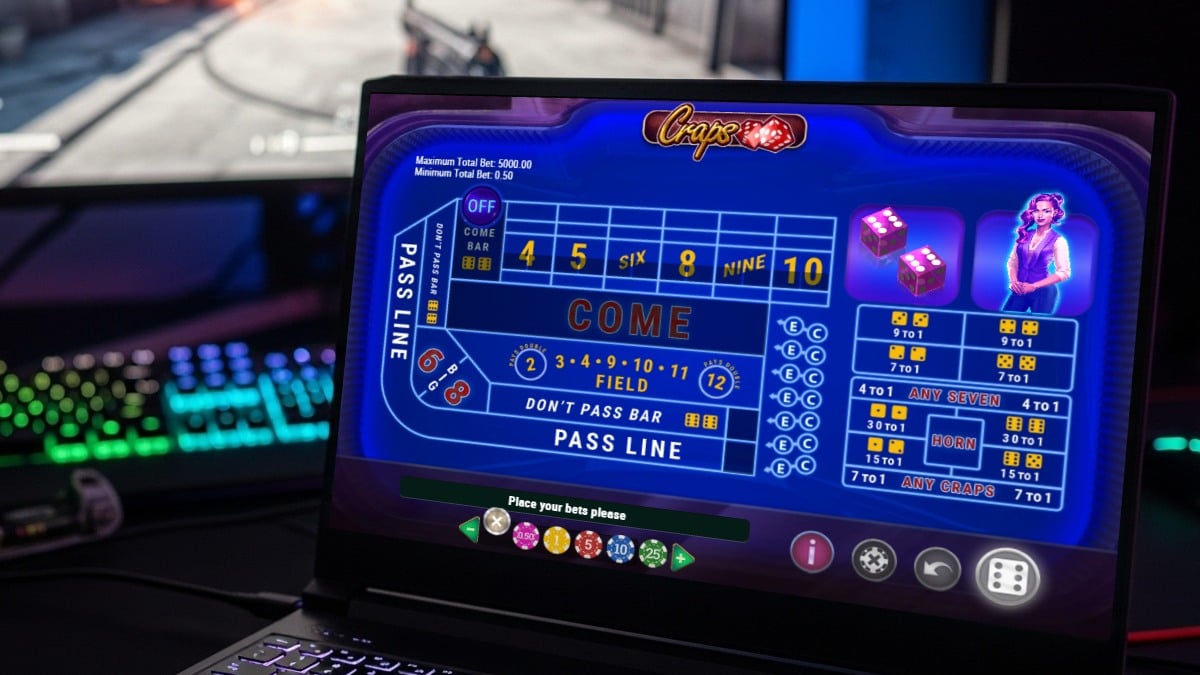


Published: Jul 3, 2025 04:49 am